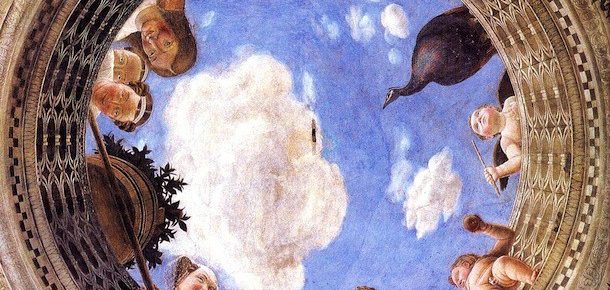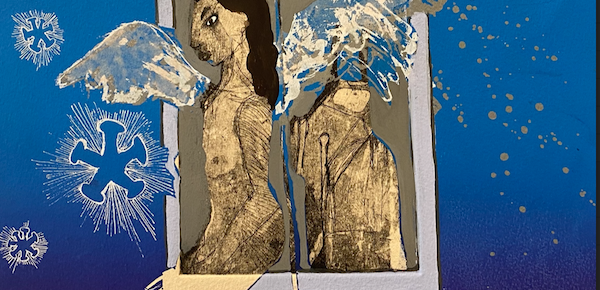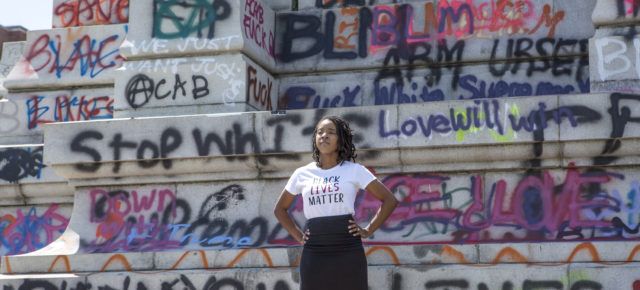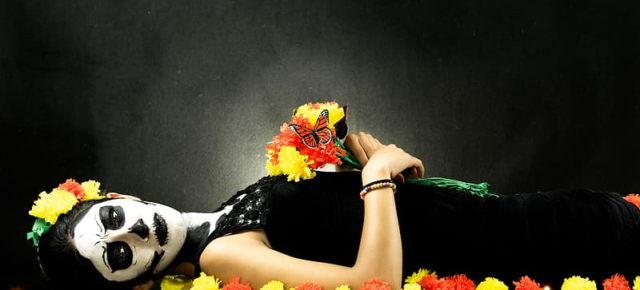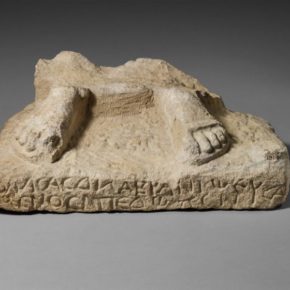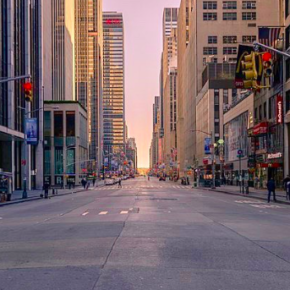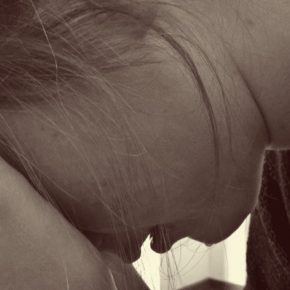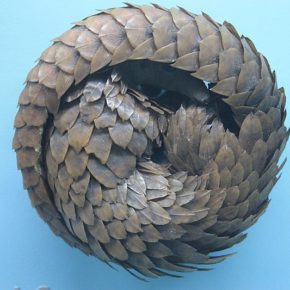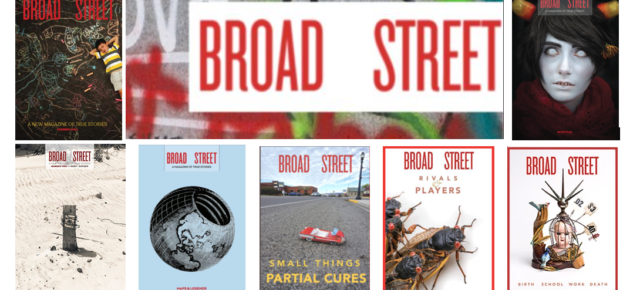
Adieu, and Be Well … Broad Street is now closed.
One last time, and forever, we thank all of our contributors, our readers, our boards, and our editorial staff over the last almost-decade. We had a great run and published so much of which we are deeply proud. We started laying plans in 2011 with a dream and a shoestring...

